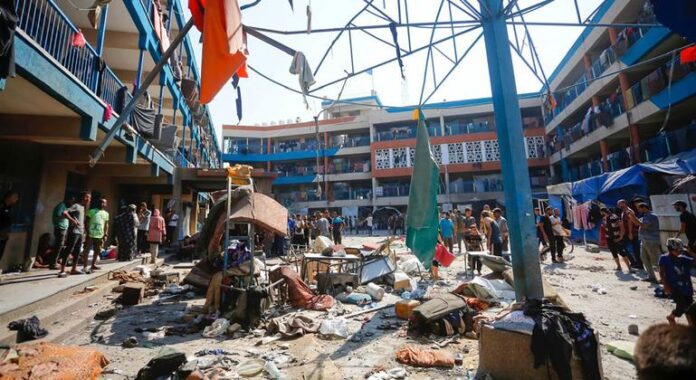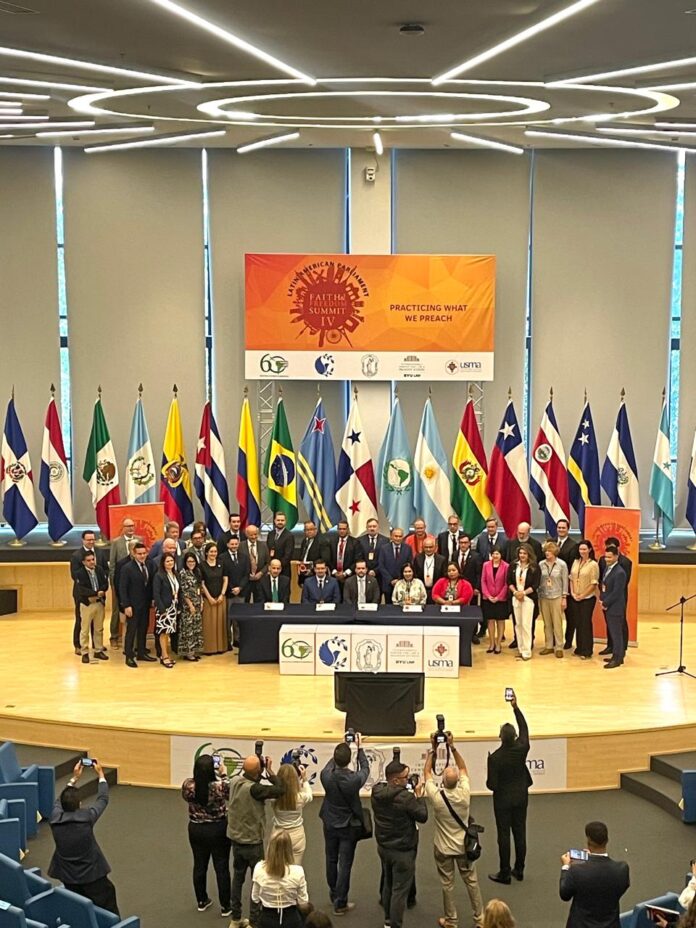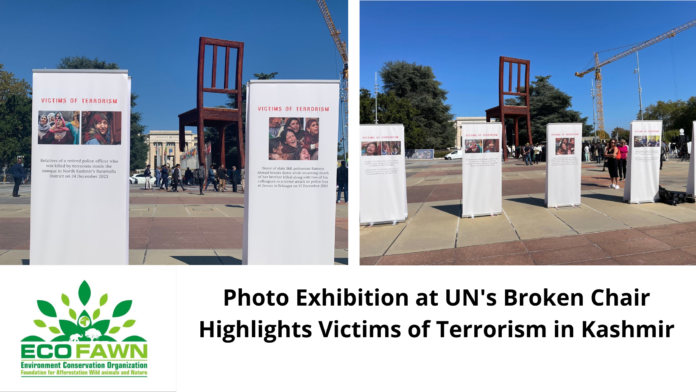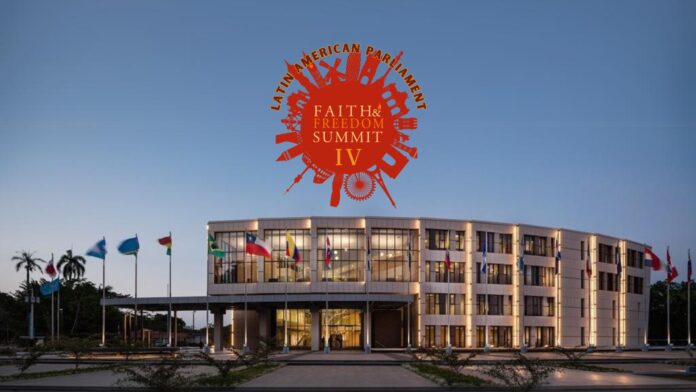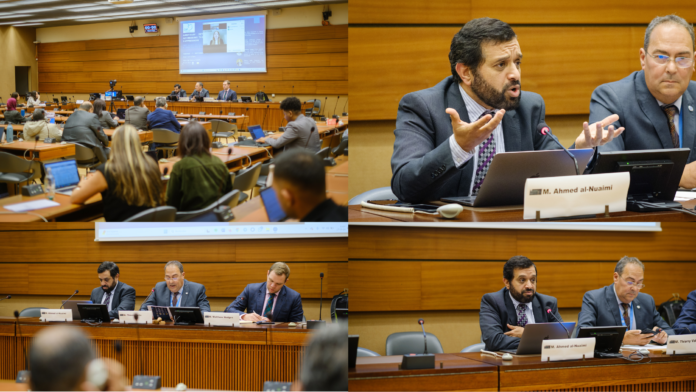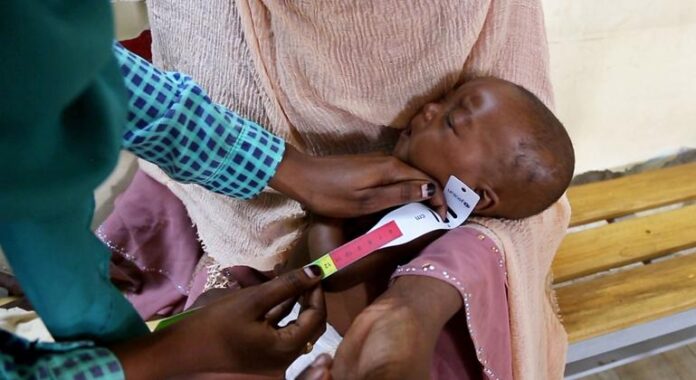The need for gender-based violence-related services has increased 100 per cent since the crisis began in April 2023, the UN agency championing gender affairs reported, with up to 6.7 million people needing assistance by the end of last year.
Cases of conflict-related sexual violence, sexual exploitation, and abuse have been growing since then, especially in Khartoum, Darfur, and Kordofan.
Many cases of abuse perpetrated against displaced women and girls go unreported due to a fear of stigma from other community members and inadequate support.
Insufficient food and healthcare
With cases of acute food insecurity and abuse now at a record high in war-torn Sudan, female-headed households are being more affected than male-headed households.
Additionally, 1.63 million women of reproductive age lack access to adequate healthcare services, even though around 54,000 childbirths are expected over the next three months.
The alert explained that “women and girls also continue to be disproportionately impacted by the lack of safe, easily accessible, and affordable water, sanitation, and hygiene.”
“At least 80 per cent of the internally displaced women are unable to secure clean water due to affordability, safety concerns, and distance,” it continued.
Education crisis
Access to education for girls in Sudan is also a major concern as more than 2.5 million school-aged girls are unable to return to the classroom which increases the risk of “being subjected to harmful practices such as child marriage and female genital mutilation.”
“Women and girls in Sudan are facing unimaginable challenges, yet their strength and resilience continue to inspire us,” said Hodan Addou, acting Regional Director for UN Women’s East and Southern Africa office. “We cannot let Sudan become a forgotten crisis.”
Call for action
UN Women said urgent action is needed to protect women and girls in Sudan and secure their access to food, safe water, and sexual and reproductive health services.
The office is calling on the international community and humanitarian partners to support funding for women-led organizations that are prioritising protecting and empowering women and girls.
“Now, more than ever, the international community must rally together to support women in Sudan, ensuring they have the resources and protection they need to survive and rebuild their lives,” Ms. Hodan Addou.
UN Women is also demanding an immediate halt to the fighting but all international efforts to bring about a ceasefire between the RSF militia and Government forces have so far fallen short.




